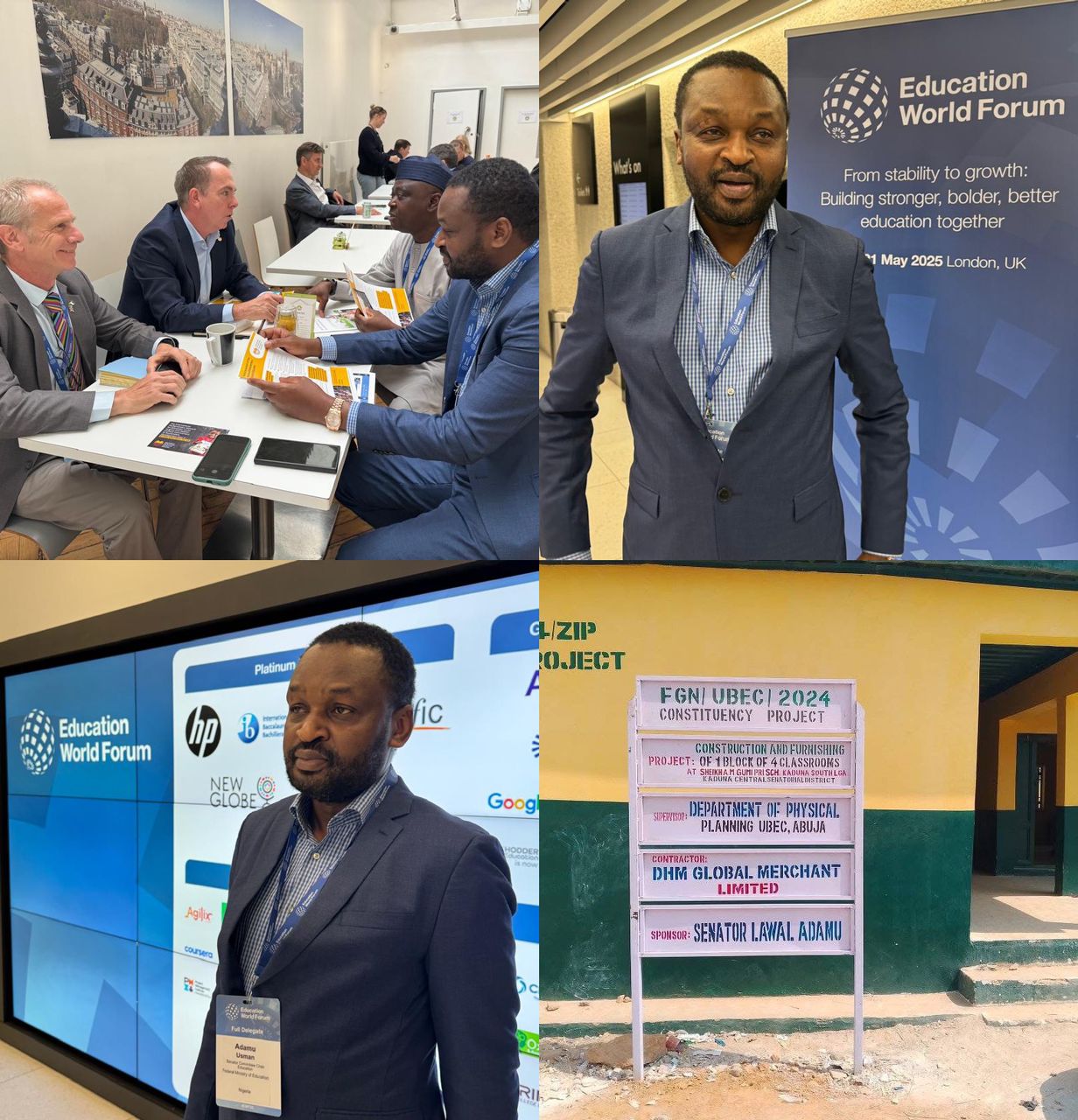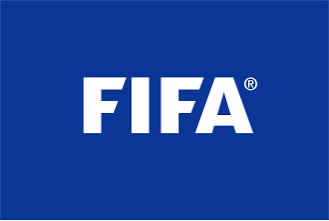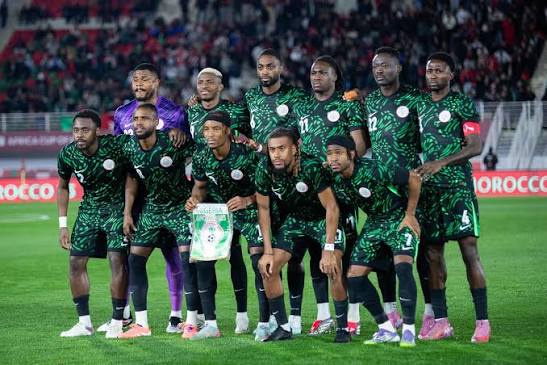
The Chairman of the Senate Committee on Education (Basic and Secondary), Senator Lawal Usman has reiterated Nigeria’s commitment to equitable education delivery, stating that the country is taking bold steps to ensure access, quality, and inclusiveness in learning across all levels, especially for marginalised groups such as the girl-child and children in conflict-affected communities.
Speaking at a high-level global education summit themed, “Global Priorities, Local Realities: Delivering Equity in Education,” at the Education World Forum in London, the United Kingdom, the senator, who represents Kaduna Central in the National Assembly, said the forum offered an opportunity for nations to assess the state of education and scale up efforts toward achieving Sustainable Development Goal 4.
Addressing delegates and global leaders, Usman noted, “This forum is more than an annual tradition. It is a global checkpoint.
“It reminds us that while the barriers to education may span continents, the solutions must be rooted in our local contexts, cultures, and communities.”
Reflecting on his personal journey from a modest upbringing in Kaduna, the Senator emphasised the urgency of tackling educational setbacks in developing countries.
He cited grim data from UNESCO, which show that only 17 percent of the SDGs are on track, with over 250 million children and young people out of school globally.
Even more alarming, he stated, is the fact that two-thirds of children in low-income countries cannot read a simple sentence by age 10.
“More than half of the world’s out-of-school children live in sub-Saharan Africa,” Usman lamented.
“In Nigeria alone, over 7.6 million children are out of school, with girls making up more than half of that number, ” he added.
He described the girl-child’s persistent challenges in enrolment, retention, and completion of education as not just a human rights crisis but an economic emergency, warning that failure to invest adequately in education could cost the global economy massively in lost lifetime earnings by 2030.
“Education remains the most powerful multiplier. Every dollar invested in education yields nearly $20 in economic returns,” he said, quoting figures from UNESCO’s Education Framework 2030.
Senator Usman disclosed that the Nigerian Senate is pushing ahead with crucial legislation to reposition the education sector.
“We have advanced the Basic Education Amendment Bill to its third reading. This pivotal legislation will strengthen compulsory education mandates, modernise curricula, improve teacher quality, and institutionalise gender equality in all learning environments,” he explained.
According to him, the proposed amendments to the Universal Basic Education Act would also enforce accountability among government institutions and ensure absenteeism and school dropouts are drastically reduced.
To complement legislative action, the lawmaker said the Nigerian government, in collaboration with the World Bank, is expanding the Adolescent Girls Initiative for Learning and Empowerment across all 36 states.
The project offers scholarships, life skills, and safer learning environments for teenage girls.
“We are working with state governments to roll out solar-powered digital learning hubs in rural areas, connecting learners to the world even in places where roads and power lines do not reach,” he said.
He acknowledged the reality that many schools globally lack internet access and revealed that Nigeria is deploying alternative tools such as radio education programmes, mobile apps, and pre-loaded tablets to ensure no child is left behind.
Highlighting Nigeria’s willingness to collaborate, the lawmaker urged international investors to invest in Nigeria’s education sector.
“Private institutions are welcome to complement our public system. This will foster healthy competition and improve standards across the board,” he added.
The lawmaker outlined five priority areas guiding Nigeria’s education agenda: Investment in teachers through recruitment, training, and retention, expanding safe and accessible school infrastructure, leveraging digital tools to bridge learning gaps, increasing domestic education financing alongside global support, and protecting vulnerable children, especially those displaced by conflict or living with disabilities.
Senator Usman concluded his address with a touching story of two twin sisters, Hassana and Hussaina, students of Kaduna State University, who had nearly dropped out of school due to financial hardship following their father’s murder by kidnappers.
Through his education foundation, the Senator provided the twins with full tuition support.
“Their story is the story of tens of thousands of Nigerian children today,” Usman said.
“The President’s Renewed Hope Agenda is expanding access not just through structures but through teacher recruitment, digital tools, and provision of security.”
He reaffirmed that Nigeria is ready to lead and to learn in its education journey.
“We are building an education system that leaves no child behind and ensures a future worth fighting for,” Senator Usman said.









